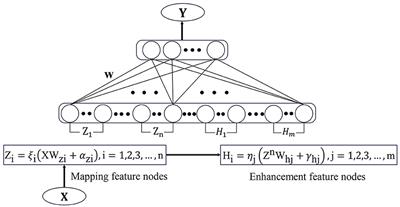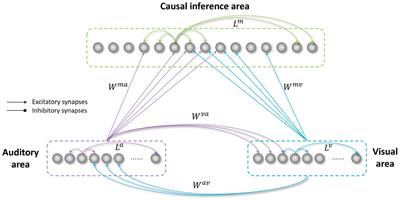ORIGINAL RESEARCH
Published on 11 Jul 2024
SaE-GBLS: an effective self-adaptive evolutionary optimized graph-broad model for EEG-based automatic epileptic seizure detection

doi 10.3389/fncom.2024.1379368
- 601 views
1,221
Total downloads
8,998
Total views and downloads
You will be redirected to our submission process.
ORIGINAL RESEARCH
Published on 11 Jul 2024

ORIGINAL RESEARCH
Published on 19 Dec 2023

ORIGINAL RESEARCH
Published on 19 Oct 2023

